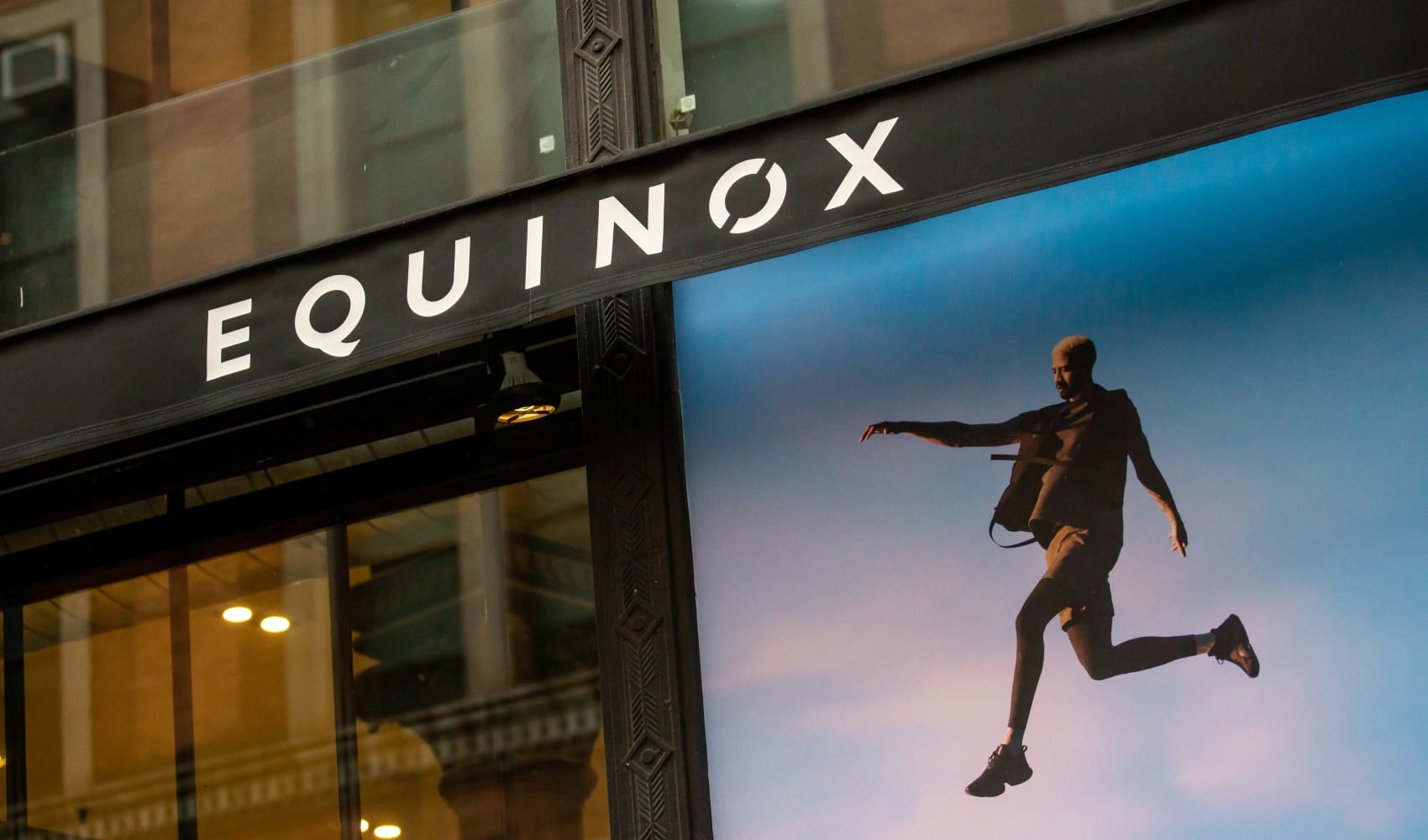WASHINGTON – Uncle Sam wants UBS to stop hiding tax cheats.
U.S. tax collectors slapped the Swiss-based banking giant with a lawsuit Thursday seeking the identities of tens of thousands of clients who kept billions of dollars in assets at the bank to dodge the IRS. A defiant Swiss president pledged to maintain his country's bank secrecy laws.
In the suit filed in Miami, the Obama administration wants UBS to turn over information on as many as 52,000 U.S. customers who concealed their accounts from the U.S. government in violation of tax laws.
"At a time when millions of Americans are losing their jobs, their homes and their health care, it is appalling that more than 50,000 of the wealthiest among us have actively sought to evade their civil and legal duty to pay taxes," the acting
A deal announced Wednesday provides access to about 250 to 300 UBS customers who used Swiss bank secrecy laws to hide assets. To avoid prosecution, UBS agreed to pay $780 million, which Justice Department officials said was the largest ever in a criminal tax case. The bank's chairman, Peter Kurer, said UBS accepted "full responsibility" for helping its U.S. clients conceal assets from the Internal Revenue Service.
But that does not mean the bank is about to fork over information on thousands of accounts.
On Wednesday, the government claimed in court papers there were close to 20,000 U.S. clients who hid assets through the UBS program. A day later, the number soared to 52,000. U.S. officials offered no immediate explanation for the revised estimate, but it was another sign they are raising the pressure on the .
Business
"This shows the big fight is yet to come," said George Clarke, a tax lawyer based in Washington who is not involved in the UBS case.
For one, UBS said that except for the 250 to 300 U.S. customers, it will fight to keep all others names private, arguing Swiss secrecy laws shield them.
Hours before the new suit, Switzerland's president, Hans-Rudolf Merz, said his country will not relent in defending its treasured tradition of confidential bank accounts.
"Banking secrecy, ladies and gentlemen, remains intact," Merz told reporters.
Merz said Swiss authorities handed over the files on the 250 to 300 American clients of who are suspected of tax fraud. The transfer took place in the middle of the night in the Swiss capital, Bern, just ahead of a U.S. deadline for Swiss cooperation, he said.
But U.S. officials want much more. According to Thursday's filing, the thousands of accounts in question held about $14.8 billion in assets in the past decade.
Under a 75-year-old law, Swiss banking secrecy can only be lifted when individuals are deemed to have deliberately defrauded tax authorities, as opposed to failing to declare all assets. That is a distinction only Switzerland and other tax havens make.
It is now for a federal judge in Miami to decide whether U.S. courts can force a bank to violate laws and provide the account information.
According to U.S. officials, an acquisition in 2000 of a U.S. company brought UBS a host of new American clients. The bank then set about to evade new reporting requirements for those clients. To do so, UBS executives helped U.S. taxpayers open new accounts in the names of sham entities.
The clients, in turn, filed false tax returns that omitted the income they earned in their Swiss accounts, according to the court papers.



